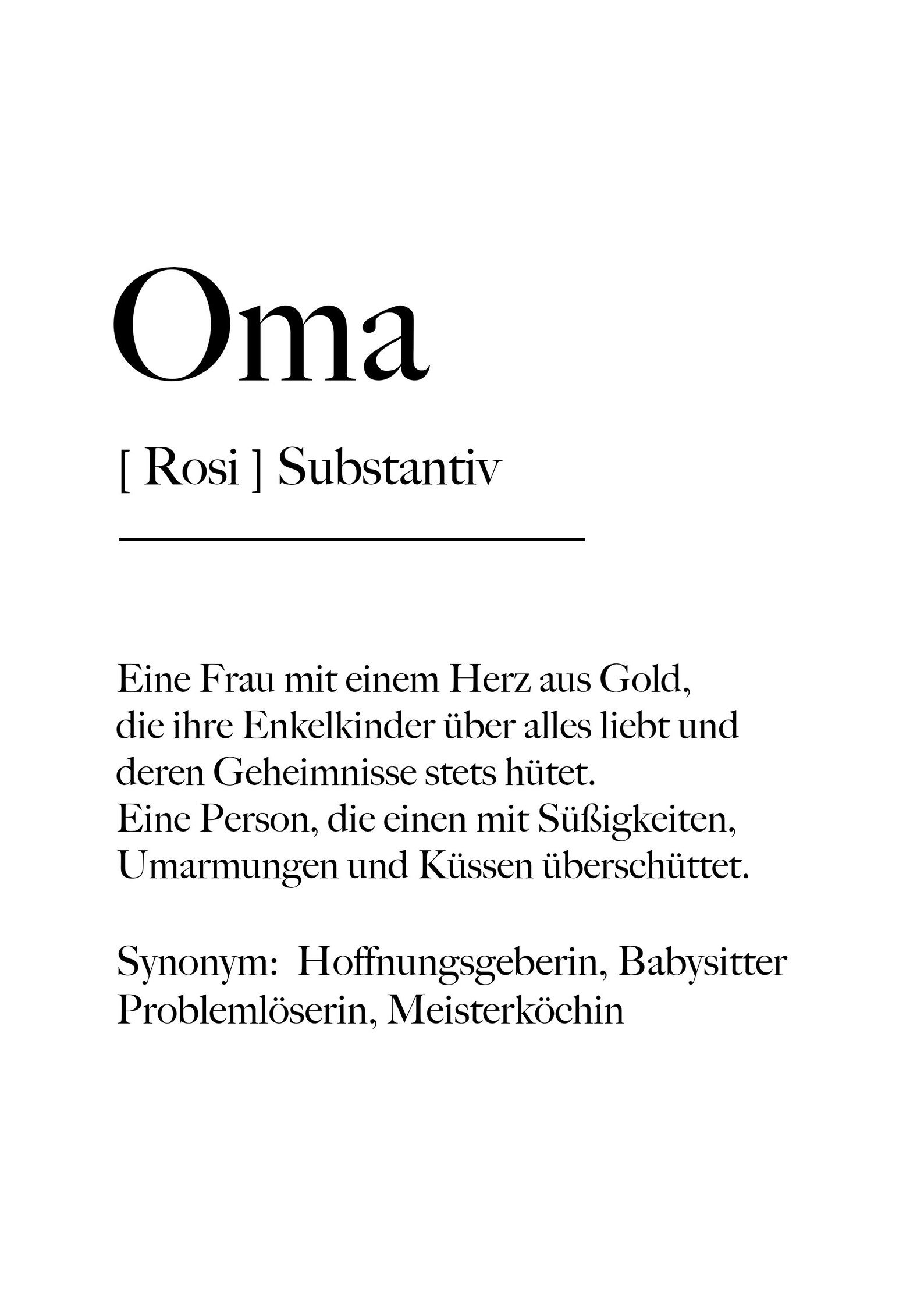

Otherwise, a public official or employee risks violating §102.03 by disclosing information acquired in executive session that is confidential by statutory provision or that is clearly designated as confidential. §121.22(G), Hicks bears the burden to prove the private deliberations violated the OMA. According to the commissioners, once they properly entered executive session for reasons listed in R.C. The commissioners and a host of amicus curiae, including the Ohio Attorney General’s Office and the Ohio Municipal League, assert that the Twelfth District’s opinion altered the legislative balance of the need for open meetings with the need to discuss some matters in private.
#Oma meaning trial#
In March 2021, the Twelfth District affirmed trial court’s decision. The trial court awarded Hicks roughly $79,700 in attorney’s fees. The trial court agreed with Hicks, holding that the commissioners violated the OMA because they failed to demonstrate that the deliberations in the closed meetings aligned with the stated reasons for adjourning to executive session. That is, the commissioners must not prove their discussions during executive session complied with the OMA – instead, Hicks must prove the commissioners’ deliberations violated the OMA. However, the commissioners argued that the complaining party must prove a violation of the OMA. Noting that the meetings in question took place more than two years prior to their sworn testimony, neither the commissioners nor the county administrator, who had requested the executive sessions, could recall the exact nature of their discussions while in executive session.

The commissioners conceded that, not unlike most public bodies, formal notes weren’t taken in executive sessions. Hicks admitted he had no knowledge of what transpired in the closed sessions, but argued the commissioners – and not he – must prove the substance of those conversations were lawful. Specifically, Hicks alleged that the commissioners entered into executive session during each of those meetings, but could not prove the confidential discussions were related to the reasons for closing those portions of the meeting to the public. The case began in January 2018, when Clermont County resident Christopher Hicks alleged that the Clermont County Board of Commissioners violated the OMA during at least 18 meetings during the prior year. Clermont County Board of Commissioners, a largely contentious Open Meetings Act (OMA) appeal that may intensify public scrutiny of deliberations in executive session. In late April, the Ohio Supreme Court heard oral arguments in State of Ohio ex rel.


 0 kommentar(er)
0 kommentar(er)
